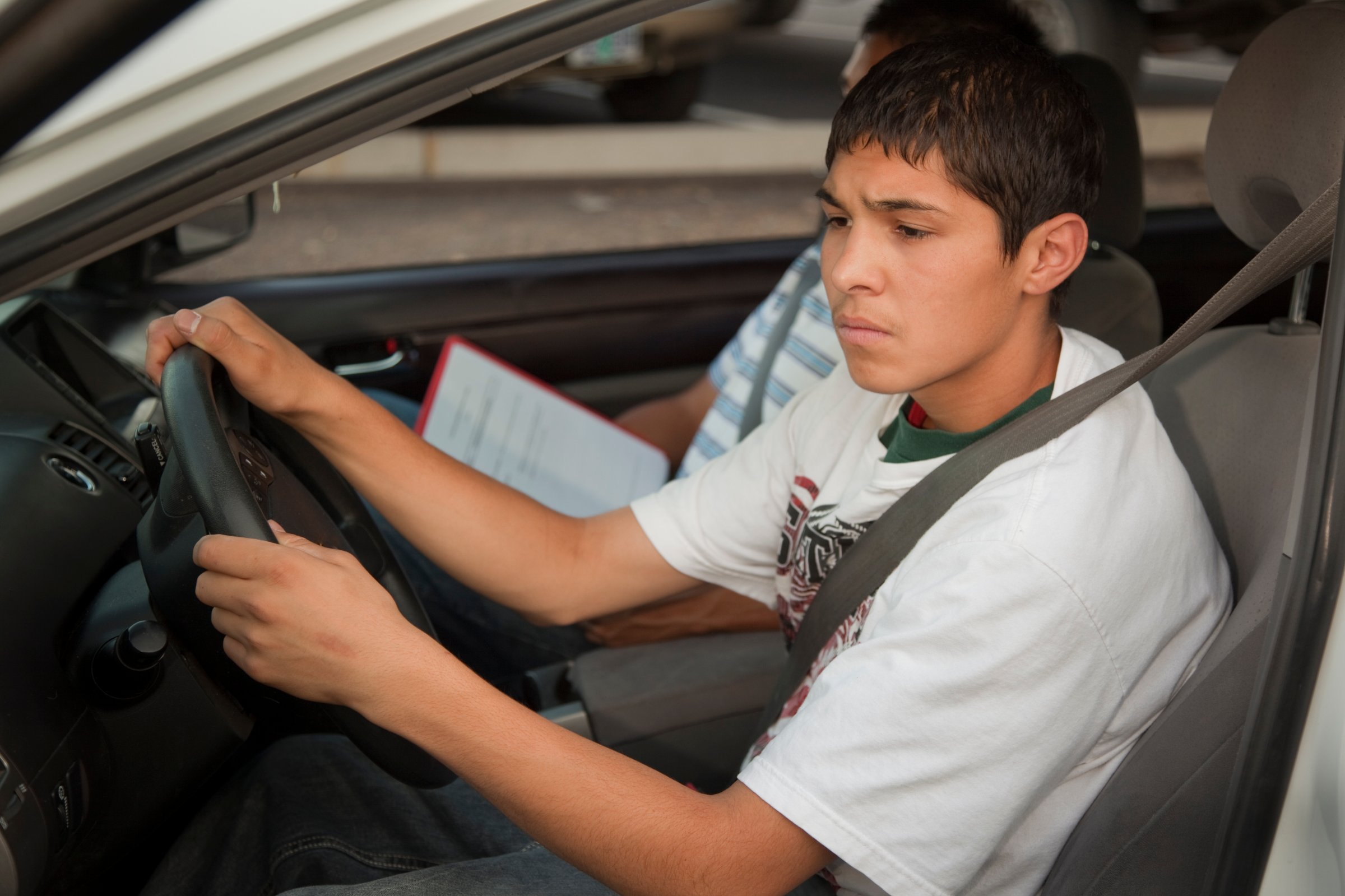
Driving around in an old clunker is one of the teenage rites of passage. But in news that will no doubt gladden the hearts of car salesmen everywhere—and terrify parents—a new study suggests that parents might want to think of getting their young drivers a newer automobile for safety reasons.
The study delved deep into parents’ nightmares and analyzed all the teen driving deaths in data from the U.S. Fatality Analysis Reporting System (FARS) for 2008 to 2012. In that time 2420 kids between the age of 15 and 17 died at the wheel of a car. The researchers, from the Insurance Institute for Highway Safety in Arlington, Virginia, ascertained the make, model and safety features of each car.
What they found was that almost half of the teen drivers killed on U.S. roads in that period were driving vehicles that were 11 or more years old, and thus often lacked certain safety features, like Electronic Stability Control (ESC) and airbags.
ESC is a relatively new technology that can detect when a vehicle is skidding and applies the brakes to help “steer” the vehicle where the driver intends to go and is especially useful in cases where the driver loses control–something that is more common among drivers who may have recently passed their driving test, say the researchers. According to the study, it can cut the risk of death in single vehicle crashes by around half and by 20% in crashes involving several vehicles.
Teens were also more likely to die in smaller vehicles. When comparing the teens with fatally injured drivers between the ages of 35 and 50, the researchers found that teens were significantly more likely to have been at the wheel of a small or mini car (29% vs 20%) or a mid-size (23% vs 16%), and less likely to have been driving a large pickup (10% vs 16%).
“Larger, heavier vehicles generally provide much better crash protection than smaller, lighter ones,” says the study.
All of this makes sense, because who wants to give their teen driver an expensive new car? And who wants to let them drive the family SUV or other big car? But the potential downside may be worth the risk to property.
The good news is that since 1996, far fewer teens are killed by road traffic accidents—or as road safety officials like to call them “road traffic collisions,” as part of raising awareness that these things are not really accidental; they have a cause and it’s usually human error. But teenagers still have about three times as many police-reported and fatal crashes as adults, when you take into account the distance they drive.
So when looking into buying your kid’s first car, says the study, it might be worth investing in something less vintage and more protective. That doesn’t mean it has to be expensive.”Parents may benefit from consumer information about vehicle choices that are both safe and economical,” says the study. So do your research. And shop around.

More Must-Reads From TIME
- The 100 Most Influential People of 2024
- Coco Gauff Is Playing for Herself Now
- Scenes From Pro-Palestinian Encampments Across U.S. Universities
- 6 Compliments That Land Every Time
- If You're Dating Right Now , You're Brave: Column
- The AI That Could Heal a Divided Internet
- Fallout Is a Brilliant Model for the Future of Video Game Adaptations
- Want Weekly Recs on What to Watch, Read, and More? Sign Up for Worth Your Time
Contact us at letters@time.com